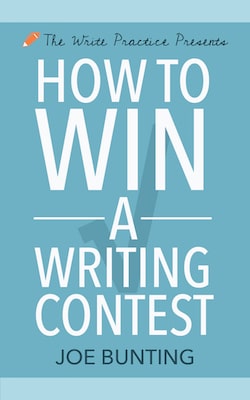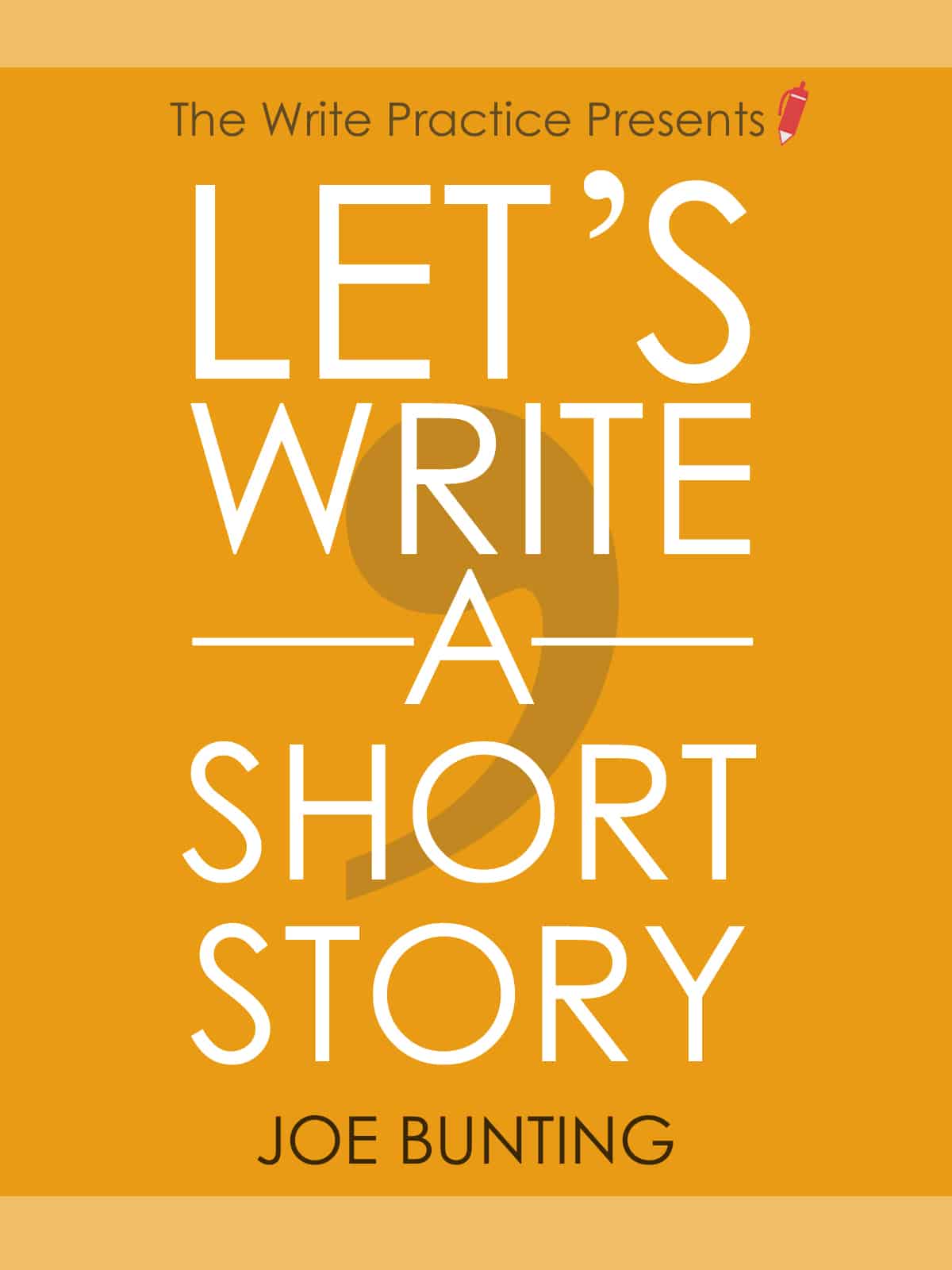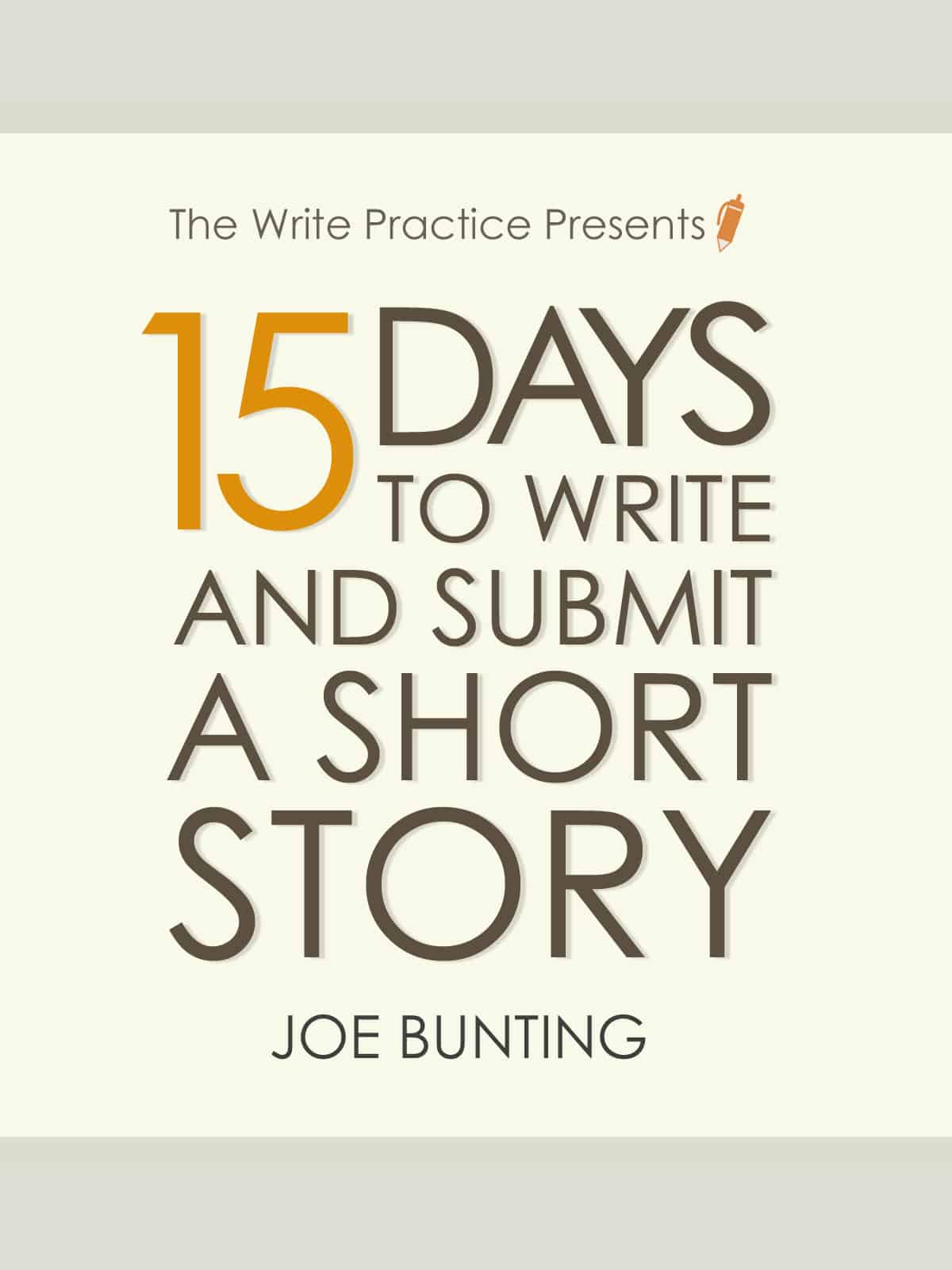Join Our New Writing Contest
In this new contest, everyone who joins gets published by the literary magazine Short Fiction Break. Plus, you'll get 3 books on writing, a short story course, and a chance to win cash prizes. Find all the details below or register now! Learn moreSign me upJoin the contest before the registration deadline closes in...
Day(s)
:
Hour(s)
:
Minute(s)
:
Second(s)
Writing Contest Details
This writing contest from The Write Practice is open to writers of all kinds. In it, you'll write a new story based on our contest theme, workshop it in our writing community, and submit it for publication in Short Fiction Break literary magazine.
All writers who participate may be published if they choose!
Maximum length: 1,500 words
Contest theme: Buried Truths. Some secrets don’t stay buried. Whether unearthed by force, accident, or intention, the truth has a way of coming to light, and when it does, everything changes. This contest invites you to explore what happens when the past refuses to stay hidden. Maybe your character reveals a truth. Maybe someone else does. Maybe it just slips out. What matters is how that revelation shifts the story and the lives of your characters. And what choices follow.
Enrollment deadline: To participate, you must enroll for the contest by October 28.
Submission Deadlines: Your story will be due for workshopping on November 4. Your final submission is due November 11.

I've never participated in a writing contest quite like this before. Getting feedback from other contestants is amazing and fosters a feeling of community and camaraderie rather than competition, and I can tell the focus is on learning and becoming better writers rather than on winning. It's great!
For the first time in a long time, I felt confident in something I wrote and the editing of it due to the workshopping of my work.
I feel like this contest gave me the full writer's experience of writing the story, giving and receiving feedback, and editing my work according to that very helpful, informative, and constructive feedback. Thank you for making one of my writing experiences so lovely.
Over $1,400 Prizes, PLUS Publication for Every Writer
The panel of judges will select one grand prize winning story, two runners-up, and five honorable mentions. These winners will receive:
GRAND PRIZE WINNER
The grand prize winning story will be featured on the front page of Short Fiction Break.
They’ll receive one year of free Classes Tier membership to The Write Practice, normally $588, as well as a cash prize of $300.
This prize is valued at $888.
TWO RUNNERS-UP
Two runners-up will have their stories featured on the front page of Short Fiction Break. They will also receive a cash prize of $100 each, and one year of free Feedback tier membership to The Write Practice Pro, normally $180.
This prize is valued at $280 each.
FIVE HONORABLE MENTIONS
The honorable mentions will have their stories featured on the front page of Short Fiction Break.
ALL SUBMISSIONS CAN GET PUBLISHED
Every writer who submits a story to this contest will be published by Short Fiction Break.*
Winners will be announced 4 to 8 weeks after the judging deadline.
*Authors who do not wish to be published may opt out.
READERS' CHOICE AWARD
Those who choose to have their stories published will be entered for the Readers’ Choice Award. Readers and fellow contest participants will have a week to vote for their favorite story, and the winner will be featured on the front page of Short Fiction Break.
Why Join This Writing Contest?
$1,000s in Prizes
Writers have won over $10,000 in prizes in our writing contests.
Every Writer Gets Published
We partner with literary magazines to publish every entry to our contests, whether your story wins or not.
Get Feedback
Share your story in our workshopping community to get the feedback you need to make your writing better.
Become a Better Writer Faster
Get the coaching, encouragement, and process to become a better writer faster. Plus, it's really fun!
This Writing Contest is the BEST Way to Become a Published Author
This isn't just a writing contest. It's a proven way to accomplish your goal to become a published author.
At The Write Practice, we believe in the power of deliberate practice to help transform aspiring writers into published authors.
For your practice to be effective, though, you must do five things:
- Learn the craft
- Do the work
- Have a coach
- Get feedback
- Join a team
The contests we host at The Write Practice are specifically designed to give you all five of those things.
You'll learn the craft and get coaching from our resources and writing guides, provided free to every participant.
You'll do the work when you hit your deadlines and follow the process we give you.
You'll get feedback from our writing workshop community and from the contest judges.
You'll join a team when you participate with hundreds of other supportive writers who want to see you succeed.
And best of all, you'll actually get published (if you want)! That's right, every writer who joins this contest can get published by our partner literary magazine Short Fiction Break.
If you want to become a published author, get started accomplishing that goal in our new Fall Writing Contest. We can't wait to see you inside.
Two Ways to Join
Basic
Write a first draft of your story. Then, share it in The Write Practice Pro, our premium workshop community.
There, passionate, supportive, and insightful writers will give you helpful feedback.
You'll have one week to edit your story based on that feedback. You can even share your story again for more feedback before you submit it to the judges!
This contest isn't just about winning. It's about helping you grow as a writer. All stories must be workshopped in order to qualify for a prize.
Premium
Want even more feedback? Choose “Premium Entry” when you join the contest.
Then, after the winners are announced, you’ll also get a personalized, professional critique . . .
. . . directly from the judges themselves.
That’s right: a judge on our panel of expert editors and authors will show you exactly why they did or didn’t choose your story as the winner.
You'll get personalized feedback from professional authors and editors at a tiny fraction of the price of hiring an editor for your novel!
Bonuses!
This is more than just a contest. It's a complete learning experience. That's because all participants get three bonus eBooks worth $30, including our guide How to Win a Writing Contest and the bestselling book on writing short stories, Let's Write a Short Story.
More Bonuses When You Join Premium!
When you join the premium experience, you'll also get access to a short story class taught by international bestselling author Sarah Gribble, normally $99. This 3-hour class and workshop will teach you everything you need to know to write, edit, and publish short stories.

What Other Writers Are Saying About Our Writing Contests
I am in awe of the help other writers (in the same competition) give each other. It feels nice to witness people's kindness and generosity firsthand.
It made me step out of my comfort zone to share [my writing] with strangers. I was able to tackle many of my fears holding me back as a writer. I learned so much!
The best part of this contest is that not only do I get to better my craft, but I get to learn from others and help them do the same. How wonderfully unique!
I enjoy the motivation to write more. The short story is a great way to rekindle my creative fire.
It was the motivation I needed to write something other than emails. Thanks!
I am writing! And I feel that you care about me and my writing. You have motivated me, provided structure and provided support. This is fun, rewarding, and challenging, and I am not alone.
I’ve been looking for someone to take my hand and tell me “it’s ok to not know what you’re doing. I’ll help you.” Thank you for coming into my life.
I’ve always been nervous to share [my writing]. This contest has provided a community where missing the mark is okay, where we can help each other revise and rewrite until we are all happy with the finished product.
Entry Fee*
Sign up for the writing contest now!
Basic Entry
Join the writing contest- Join the writing contest
- Feedback from your fellow writers
- $30 in bonuses
- Feedback from judges!
Premium Entry
Get Judges' Feedback- Join the writing contest
- Feedback from your fellow writers
- $129 in bonuses, including the Short Story Class by international bestselling author Sarah Gribble
- Feedback from judges
*Current members of The Write Practice Classes and 100 Day Book membership tiers receive standard entry to the writing contest at no additional fee. 1Y2P members receive premium entry at no additional fee.
Hurry! Registration closes in . . .
Day(s)
:
Hour(s)
:
Minute(s)
:
Second(s)
Full Contest Rules
Want to know all the details? Here's how the writing contest will work:
- Write a new story based on the contest theme: Buried Truths.
- Join The Write Practice community. All entrants get sixty days access to the feedback tier of The Write Practice community, where you'll be able to connect with a supportive, encouraging group of fellow writers.
- Finish your story. This isn't just a writing contest. We want to give you accountability to write something new. We'll give you the support you need to write a new story of up to 1,500 words.
- Workshop your story. After you finish your story, get valuable feedback from other members of the Write Practice workshopping community. Then, edit your story so that it's the best it can be.
- Submit your story to the judges. After your story is workshopped, you can submit the final draft to the judges, who will review your story for publication.
- Get published! Every writer who enters has the option of getting published by Short Fiction Break. Whether the judges select your piece or not, you'll get the exposure your writing deserves.
- Get feedback from the judges! If you choose the premium entry, you'll also get personalized feedback about why your story was or wasn't selected by the judges.
- Celebrate the winners. The judges will choose several winning stories. These top stories will get featured publication and cash prizes, as well as be publicized to The Write Practice's community of readers.
Grand Prize Winning Stories
Check out some of the prize winning stories from past contests.
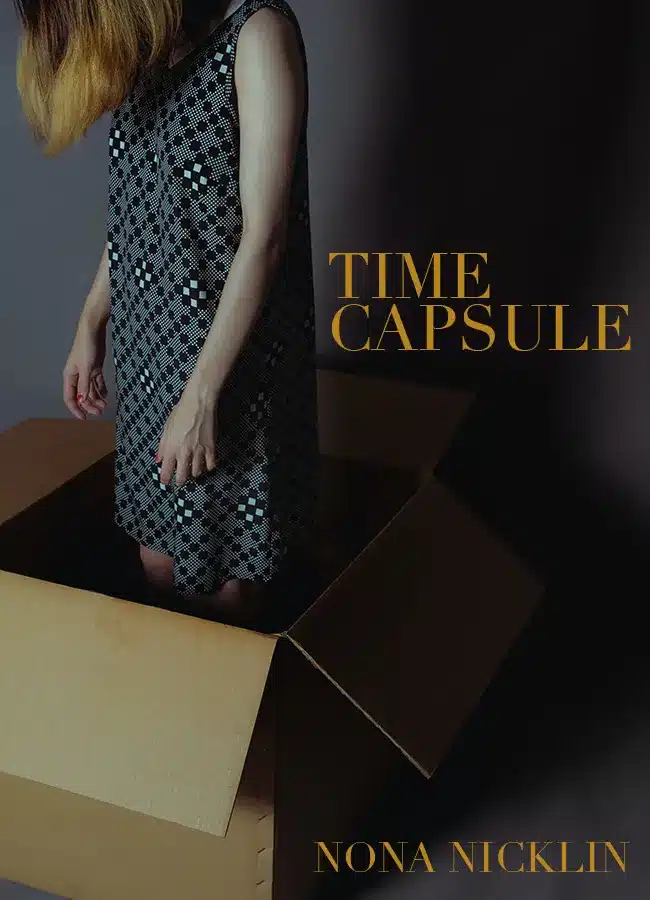
Time Capsule by Nona Niklin
10th Anniversary Contest
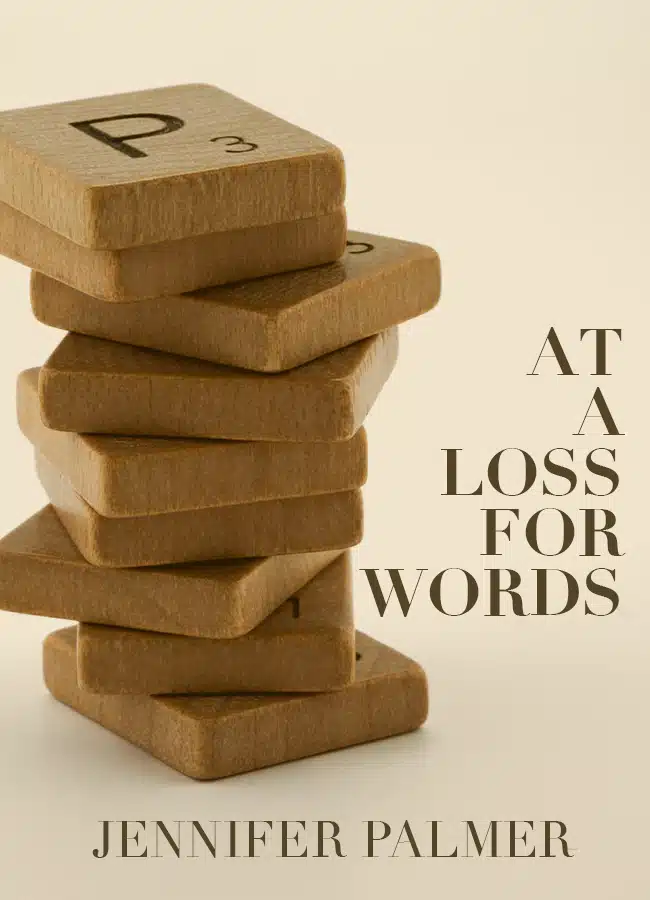
At a Loss for Words by Jennifer Palmer
Spring 2021 Contest
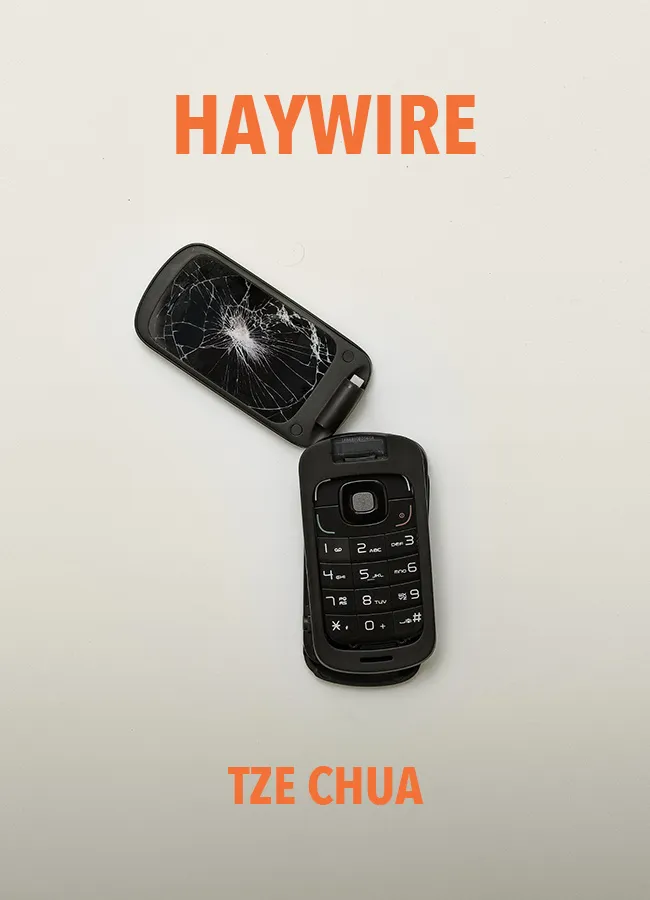
Haywire by Tze Chua
Fall 2020 Contest
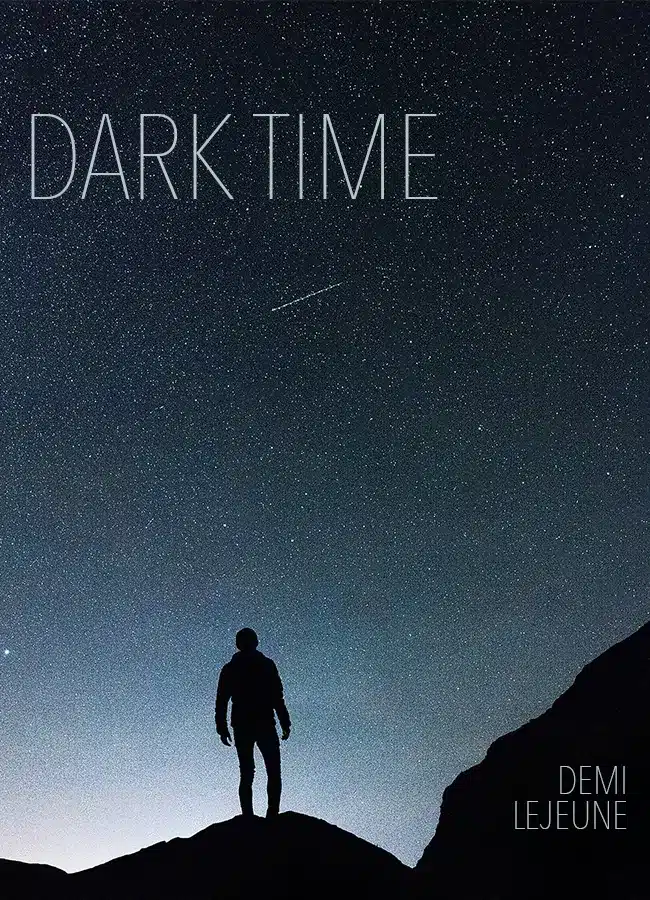
Dark Time by Demi Lejune
Summer 2020 Contest
Frequently Asked Questions
What if I don't have a short story ready to enter?
That’s perfect! In this contest, you’ll write a brand-new story based on the contest theme.
As soon as you enter the contest, you’ll start writing the first draft of your story.
Then, you’ll share your rough draft in the writing workshop. There, other writers in the contest will give you feedback to help you win.
You'll have a week to edit your story based on the feedback you receive. You can even share your story again for more feedback before you submit it to the judges!
What if I’ve never written a short story before?
This contest is the perfect place to write your first short story!
When you enter the contest, we’ll send you our best resources on how to write a short story. You’ll get step-by-step guides, plus common problems and how to solve them.
You’ll write your first draft. Then, you’ll have a week to edit your story based on feedback from other writers before you submit it to the judges.
It’s like a mini-writing course in just a few days!
What if my story doesn't win? Is this contest still worth it?
Absolutely. If you enter the contest and submit your story, you might win a prize from the judges.
But you’ll definitely gain these “wins”:
- You’ll get insightful feedback from other writers.
- You’ll get expert feedback from professional authors and editors (choose “Premium Entry” when you join!).
- You’ll feel creatively invigorated and motivated to keep writing.
- You’ll FINISH a story you love.
- Your story will be published!
You’ll finish the contest a winner, no matter which story the judges choose!
How much time do I need in order to enter the writing contest?
Busy life? You're not alone. And this is the perfect writing project for busy writers for two reasons:
First, short stories are short! You can write a first draft of your story in under an hour.
Second, the deadline is quick. Depending on when you join, you'll have no more than a couple of weeks to write and revise your story.
You can write and edit a great short story in about five hours. Work on it over a couple of weekends. Or write for half an hour each day. Then, submit by the deadline, and you're done!
There’s no easier way to make writing a part of your busy life!
Will the contest feedback help me?
Yes! In fact, writers tell us that the feedback is the best part of this contest.
Everyone who enters will get feedback from other writers during the workshop portion of the contest.
Want more feedback? Choose “Premium Entry” when you join. After the contest, a judge will write you personalized feedback on why your story was or wasn't chosen as a winner.
Here's what writers have to say about contest feedback:
“The feedback from the judges was great. It was the kind of feedback I crave and can't get from family or friends.”
“I love the feedback I get from other writers of different skill levels. It really helps me gauge to see where I'm improving and what I still need to work on.”
“[The workshop] feedback is invaluable, but the judges feedback is the crown jewel of the whole thing.”
“The feedback system is absolutely amazing. . . . Sometimes I don't realize how much I've grown as a writer until I give feedback and receive feedback in return.”
When will the winners be announced?
The winners will be announced four to eight weeks after the submission deadline of November 11.
When will I receive feedback from the judges?
After the judges select the contest winners, they'll begin writing feedback for all premium entries. We receive hundreds of submissions, and it will take the judges a few weeks to write personalized feedback for each one.
Feedback will be delivered two to three months after the submission deadline of November 11.
This is your chance to get published!
Join the contest, write a new story, get feedback, get your best writing published, and get the chance to win thousands of dollars in prizes. Sign up now!
